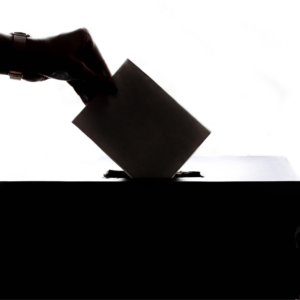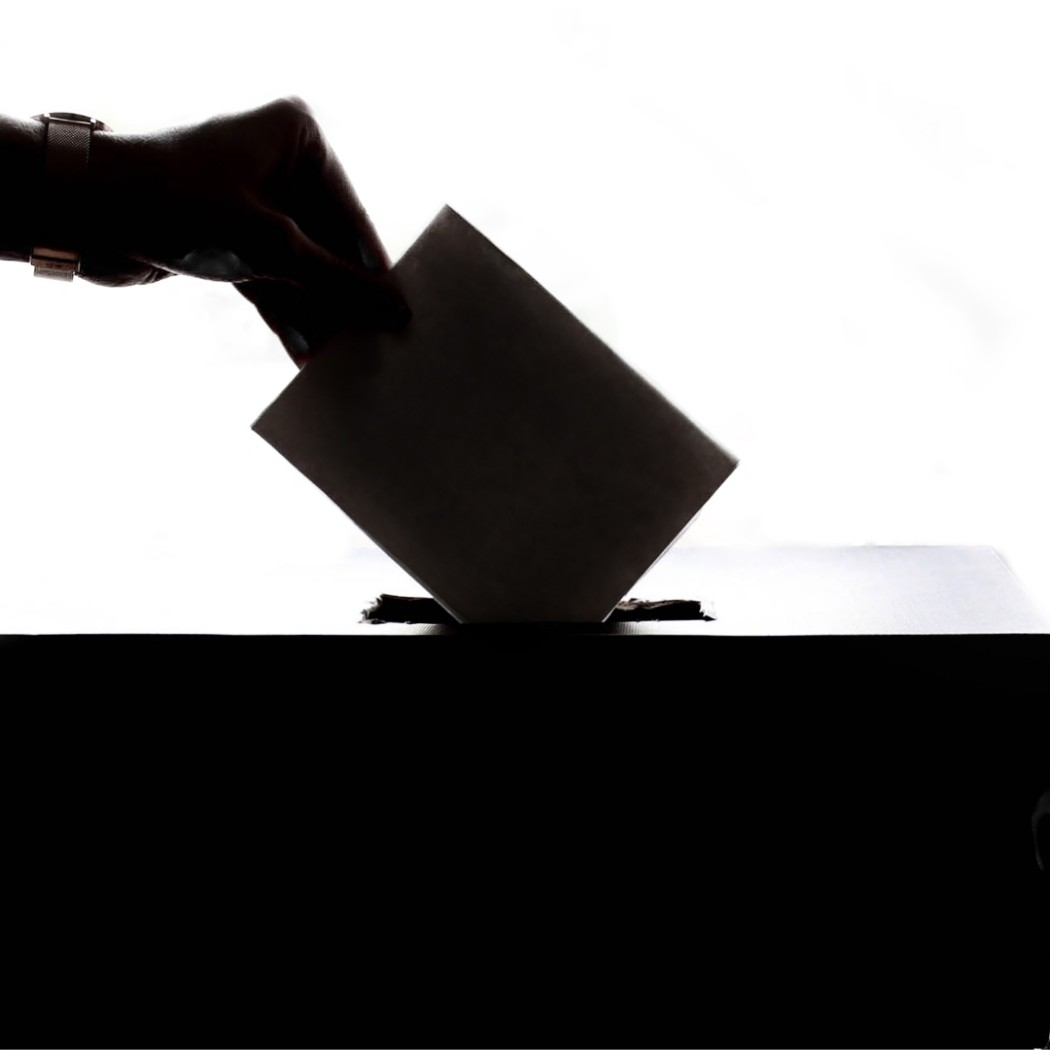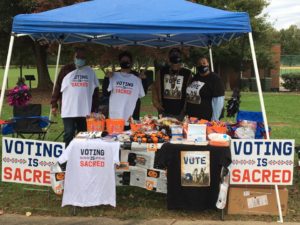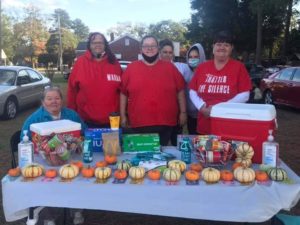 As the ballots were feverishly counted in many states last week, we received a comprehensive lesson on how those ballots make their way through the election system. Those whose ballots were counted are lucky. For some, the ability to access a ballot was taken from them, or they had to go to great lengths in order to vote. It just shouldn’t be that hard.
As the ballots were feverishly counted in many states last week, we received a comprehensive lesson on how those ballots make their way through the election system. Those whose ballots were counted are lucky. For some, the ability to access a ballot was taken from them, or they had to go to great lengths in order to vote. It just shouldn’t be that hard.
Here in North Carolina, where we still don’t know the official results for many state and judicial offices, we had two weeks of early voting. So many people used this option or absentee voting, that election day voting was small. I was working the polls, and time was standing still because there were so few voters left in our county. Generally, this is a good thing, since we want high voter engagement, but the flip side is that the other systems for voting were not up to the job for many.
Absentee ballots created problems for some people. It is understandable that the Board of Elections (BOE) offices were not able to keep up with the demand due to the pandemic, but we must do better. Many out of state college students did not receive their ballots. Or for those who did, their parents had to call the Board of Elections more than once to find out what was going on.
For example, Kate Fisher’s son requested an absentee ballot at Tulane and it took two phone calls, 40 days, and a FedEx overnight to get his ballot to him, returned to his mother and then turned in to the BOE. Alexandra Zuckerman, 23, requested her absentee ballot from Wake County on one of the first days they became available, but it never arrived. When she called the BOE, they told her she needed to re-register and request her absentee ballot again. She did so, and it still never arrived. She called again in the first week of October and was assured it would come although her father’s arrived in two days and hers took another week and a half. Her sister, who lives in Spain, got to vote before she did! The amount of effort that she had to go through to get her ballot is more than most would do.
Setting aside the absentee ballot issues, some communities across the state experienced voter intimidation. This year, the nonprofit organization BluePrint organized a campaign called Power, Protection, & Engagement (PP&E) at the polls. The idea was to create fun and safe events at early voting polling sites where there is a history of intimidation to encourage voters to come out. The groups set up entertainment, food, and activities at each site along with a team trained in de-escalation techniques in case of intimidation.
Organizations such as Women AdvaNCe hosted almost 800 SafeSites across the state serving voters. In general, things went well, but there were problems at some sites. For example, on Halloween, Kassaundra Lockhart was the Women AdvaNCe SafeSite coordinator at the Board of Elections polling place in Lexington, North Carolina. Lockhart informed the head of the BOE of her plans and was instructed to make sure she stayed 50’ away from the poll. The SafeSite had a local musician, a hot dog vendor, a Ben and Jerry’s cart along with stickers, candy, and activities for the children. They had been there all morning, and voters were really pleased to have access to the food and activities since the line to vote was about an hour-long.
However, around 1:15 p.m., a representative of the county manager told Ms. Lockhart that they had to shut down. Because she had previously spoken to the BOE chairwoman, Lockhart tried to explain to this gentleman that it was okay for them to be there. A short time later, the sheriff arrived with another car for backup, and told her that she had to take down the tent and get rid of the singer, but otherwise she could stay. But the county manager’s representative insisted that she must pack up and leave claiming that she needed the permission of the county commissioners. Since the entire point of her event was to keep the polls safe and unintimidating, she made the difficult decision to leave as the sheriff’s presence was beginning to draw attention. She knew that would concern voters who might leave.
On the same day over in Graham, a group of people marching to the polls were pepper-sprayed by police. The march had been planned for weeks and started off peacefully. When they arrived at the courthouse, they knelt for 8:46 to commemorate George Floyd, whose family was part of the march. As soon as the marchers stood up, the police told them to clear the street and get on the sidewalk. The police immediately began pepper-spraying before folks could clear the street hitting children, the elderly, and a woman in a wheelchair.
According to Faith Cook who was there, “People were confused, scared and didn’t know what was happening.” Her eyes were burning and she was coughing. She saw a child vomiting. The pastor leading the march was trying to get everyone to reconvene at the courthouse where they had planned speeches, but it was difficult because the traffic was flowing again. Three people were able to speak at the courthouse before the police began to unplug the speakers and said they had 5 minutes to disperse. But many never heard that order before the pepper spray started again. Faith Cook says that she saw police on the roofs and all around with their hands on their guns. “We are gonna die today”, she thought.
Basically, the police chased the group from downtown and arrested many who were on the courthouse steps. They closed the street leading to the poll which was the ultimate goal for many of the marchers. Faith Cook is from Graham, so she knew how to go around the block to get to the poll and led others there so they could vote. If she had not been able to do so, those voters would have been disenfranchised. Cook went on to say, “What set out to start as a peaceful day to exercise the right to vote…to have a hope to be part of something so wonderful turn into something so horrific, unnecessarily…it was disheartening.”
These examples are just ones that I know of just by asking around. It is likely that there were many other people who did not get their absentee ballot or experienced some sort of intimidation.
There are scores of people who are spending this week going door to door helping people cure their absentee and provisional ballots, this author included. Because the number of envelopes and signatures needed for absentee voting are cumbersome, many make an error. And in the races with razor-thin margins, every single vote must count.
Our election system needs a major overhaul. While I am no expert, the revised system should include automatic registration and mail-in ballot systems. This would preclude voter intimidation tactics. We must work toward a system that allows everyone to vote without fear or confusion.
Anna Lynch is a “writer, educator, and champion for all things women.”




There are no comments
Add yours